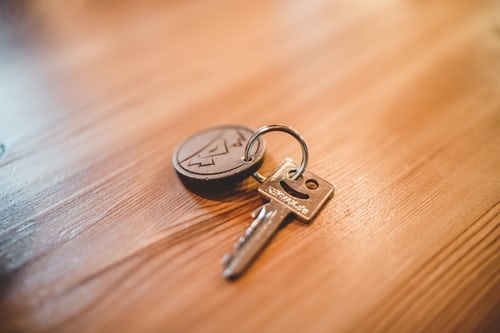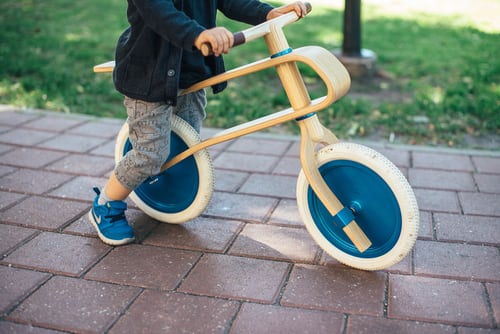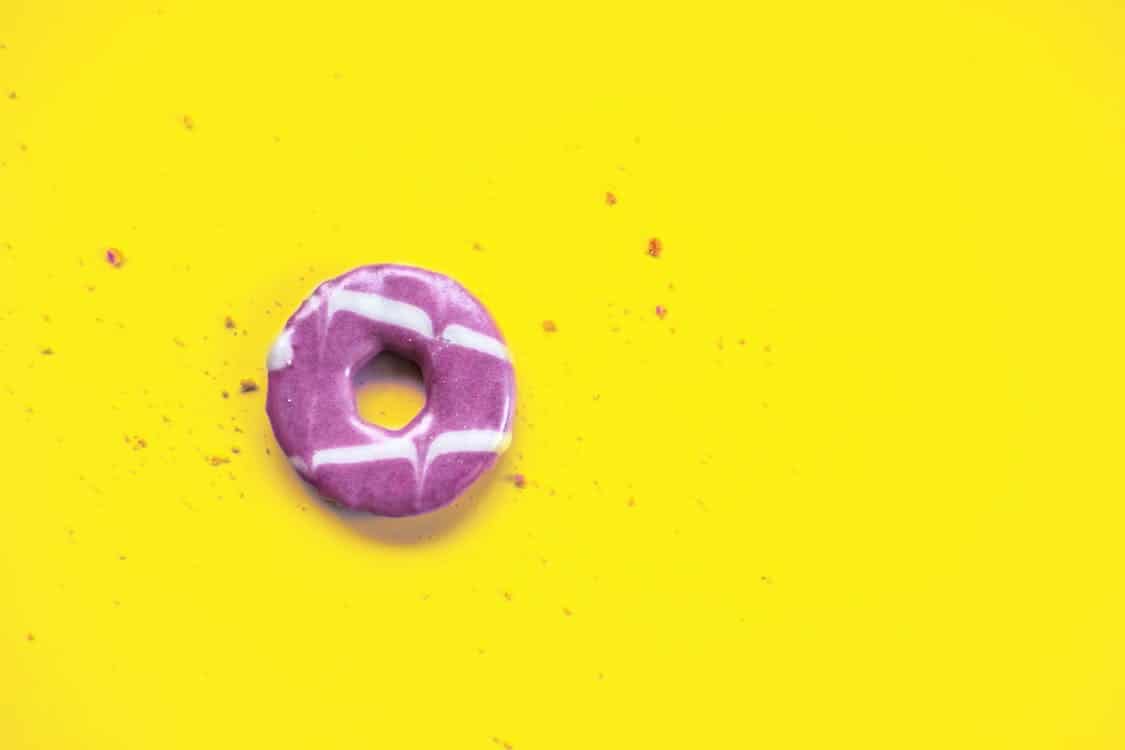Possibly one of the most confusing and soul-destroying experiences is watching someone you love starve themselves, compulsively overexercise or make themselves throw up and seemingly intentionally destroy their health.
You’d give anything to take their pain away, to understand and to just “get through to them” but everything you say and do often seems to have the opposite effect in only making things worse.
From someone who spent almost 15 years of her life living with anorexia nervosa, from someone with the most loving, kind and supportive mum who stuck by my side through it all these 5 things are what I can offer you if you are in the position of looking for ways you can help someone in your life you care deeply about navigate recovery from an eating disorder. Both because during my recovery we got them right and because we got them horribly wrong.
#1 Talk About It

Have an open and honest conversation with your loved on to establish that you’re on the same page.
Decide clearly that recovery is what your loved one is doing, and you are there to help them.
Ask ways they think you can best be of help.
This may sound obvious and hardly worth doing but recovery is ridiculously confusing and to have the fact that your loved one is in recovery out in the open and super clear is a relief. For them and for you. For everyone.
Normalise talking about recovery.
Make recovery something that can be spoken about at any time.
There’s no point in pretending things are different to what they are.
If your loved one is in recovery, they are doing recovery just as they would be if they were in recovery from any other illness or even a broken bone.
The steps of recovery may be a little less prescriptive and straightforward but overall, it’s the same principal.
#2 Focus on the Long Term and Big Picture

One of the things which is so easy to lose sight of in the midst of the blood, sweat and dirt that can become the every day reality of trying to help someone recover from an eating disorder is that recovery is only ever meant to be temporary.
It is not a place for them (or you) to live the rest of their (and your) life.
Which means it may be hard (ahem it will be because I 100% guarantee this) but that hard is with a purpose and that purpose is to get to recovered.
There is a destination.
Creating a safe and nurturing environment is important but at the end of the day it is not this which is going to allow for them to recover.
Comfort is not synonymous with cure.
Your loved one will have to get uncomfortable and that is uncomfortable to see.
The desire to stop the suffering of others especially those we love, and I imagine nowhere is this more powerful than when it comes to our own children is real and undeniable. The harsh truth is though this is a journey you cannot do for them and sometimes by taking their pain away in the now while we may offer short-term relief, we are unintentionally denying them their opportunity to learn. When we deny the opportunity to learn (even when this includes stuffing up 40 times to learn once) we perpetuate the illness in the long-term.
To recover fully they must get uncomfortable and begin to prove to themselves that they can do the hard things.
#3 Forget the Judgement

Understand that you don’t understand.
Thankfully you don’t have to understand in order for them to recover and in order for you to help them recover.
Don’t try to impose your beliefs, reasons or logic for why they are doing what they are doing.
Instead let it go.
Accept that they are in recovery from an eating disorder and that comes with a whole load of seemingly bizarre thoughts, feelings and behaviours.
They are challenging themselves and that is hard. If it wasn’t hard, they wouldn’t be in recovery.
Leaving the judgement includes not setting up any form of punishment or reward for doing the “wrong” or “right” thing be this physical or emotional.
Punishment and reward from the outside will only lead to increase their dependence on their recovery coming from the outside. Exactly the opposite of what we want.
We want your loved one to become empowered.
We want your loved one to begin to develop their own internal sense of truth and self-regulation. This is what will allow for them to recover and live an independent life on the other side of the eating disorder.
If their actions are only ever to please you (or anyone else) they will be putting off the only thing that will allow them full recovery and that is taking responsibility and ownership of their life.
#4 Be the Example

“Setting an example is not the main means of influencing others, it is the only means” ~ Albert Einstein.
In the work that I do I’ve learnt many things and one is you cannot hope to give someone something you do not have.
No matter how much you try and how much you genuinely want it for them.
How we learn goes far deeper than listening to or seeing the words and actions of others. Which means even if you say the perfect words to your child and do the perfect outward actions if there is an incongruence between your words, actions and what you truly think and feel your loved one will pick up on this at an unconscious level.
I’ve been there.
Long before I learned all about the unconscious mind my mum gave me words of support and often actions of support, but they weren’t in congruence with what she herself believed. It’s only in hindsight that I can see clearly why this was all so confusing for me. My unconscious knew the truth.
Even when we can’t pick up on it at the conscious level, the truth always shines through.
If you are helping a loved one through recovery and especially if this is your child there is no greater gift you could give them then taking care of yourself.
If you struggle with self-care, self-worth, setting and maintaining boundaries or taking time to truly meet your needs, please consider seeking help with how to do this. They are all very real skills and resources we can learn and by doing so not only will you be better equipped to live your life, help your loved one recover but you also show your loved one that seeking help when you are stuck or feel there are improvements you could make is a normal thing to do. That is invaluable.
#5 Get them Professional Help

I truly believe outside professional help is not just necessary because eating disorders are life threatening and there is often a clear need for medical monitoring and support but also because if they’d been able to recover on their own they would have.
Often, there truly does need to be a different perspective offered and different skill sets brought into the equation.
I know after living with anorexia nervosa for what was at the time the majority of my life I had utterly exhausting what the mainstream medical model had to offer me, what my family could do (their very best) and what I could do myself. I went and saw a clinical hypnotherapist as a last desperate attempt at something and with arguably no hope left and that changed everything.
Her ways of seeing things or rather the way hypnosis opened my mind to seeing things outside of the exceptionally narrow view I had (without knowing I did have a narrow view) were revolutionary.
I didn’t know what I didn’t know!
Clinical hypnotherapy and neurolinguistic programming were entirely different to anything I’d experienced or knew.
They challenged my view not just of anorexia nervosa, eating disorders and myself but of the entire world.
They opened my mind to possibilities I don’t think I’d ever have considered let alone experienced through any other means.
I hope for your loved one the same moment/s of breakthrough/s because recovery is not simply the absence of eating disorder behaviours it is truly a transformation at the most fundamental core level of who your loved one is.
I had so many barriers to seeking help including feeling unworthy of spending money or time on myself, shame that I couldn’t get better even when I knew what to do (thought I knew), which as much as I can rattle off these words now as though they are nothing the very real feelings of being in that are crippling.
Your loved one needs strong, decisive and proactive help to recover. You can be that by researching and setting in place professional help.
Recovery requires far more than the best of intentions; it requires a great understanding and ability to work with human neurobiology including the autonomic nervous system and the strength to be the stone upon which all uncertainty breaks. Which is hard to be when you are so close to the “problem”. I know this because my mum and I did it for years.
Looking back now, not seeking more help was an incredible disservice to me even though at the time it was what I wanted and given the traumatising treatment I did experience also what my mum thought was best.
Please know that your role is invaluable to the recovery of your loved one, but it is not as their therapist, dietitian or coach, it is as their loved one.
Take Home Messages

Recovery from an eating disorder is without a shadow of a doubt possible but a cold hard truth is that possible does not mean inevitable.
The reality is not everyone with an eating disorder recovers.
Many people die from eating disorders and many more live their entire life clouded by the eating disorder. Never fully healthy and certainly not thriving but not “sick enough” to be in hospital.
Both of these scenarios to me are terrifying options and knowing either could have very easily been my story I now work daily both in private practice with individuals in recovery from eating disorders, within the hospital system changing things at the organisational level and in my personal life speaking loudly and confidently to dispel myths and misconceptions around what eating disorders are and are not.
I hope these 5 suggestions bring you some clarity and certainty amongst what can otherwise feel like horizonless chaos.
Please feel welcome to reach out and connect with me or leave a comment below if you have further suggestions you’d like to add on what you’ve found helpful whether you have recovered from, are in recovery from or you have or are helping a loved one through their eating disorder recovery your thoughts are welcome. Don’t ever underestimate the value in sharing real life stories.
At the end of the day we’re all in this together.
With my whole heart I hope you found this information useful and inspiring.

Become Great. Live Great.
Bonnie.



